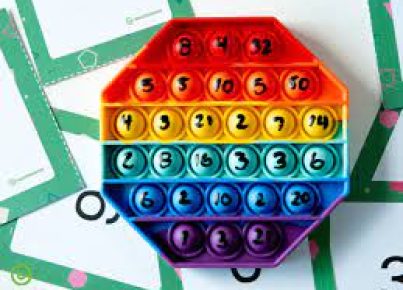Introduction
In recent years, a new term has emerged in the realm of education: “The Jackhammer Parent.” Educators around the world have been discussing the challenges and opportunities that arise when dealing with parents who are excessively involved or overly demanding in their child’s schooling. In this article, we will delve into what teachers are saying about this phenomenon and explore its impact on the educational landscape.
Defining The Jackhammer Parent
So, what exactly is a jackhammer parent? These are parents who take a highly assertive, aggressive, and persistent approach in advocating for their child’s academic success. Characteristics of jackhammer parenting may include constant communication with teachers, aggressively challenging educational decisions, high expectations for academic achievement, and essentially bulldozing any perceived obstacles to their child’s success.
Teachers’ Perspectives on The Jackhammer Parenting Style
1. The Good
Some teachers do appreciate certain aspects of jackhammer parenting. They acknowledge that these parents are engaged and invested in their child’s education. This level of commitment can be helpful when it comes to addressing issues early on or supporting students who need extra assistance. Additionally, some teachers feel that having actively involved parents keeps them accountable and motivated to provide the best educational experience possible.
2. The Bad
However, several drawbacks come with excess parental involvement. Teachers report feeling overwhelmed by constant communication from these parents, leaving them with less time for lesson planning or focusing on students who need additional help. Additionally, some educators express concern that having every aspect of a child’s education scrutinized can make it challenging to exercise their expertise and creative autonomy.
3. The Ugly
In extreme cases, jackhammer parenting can lead to tension between parents and teachers or even escalate to conflicts within the school community. This situation can become counterproductive for everyone involved, creating an environment where collaboration and open communication become increasingly difficult.
How Jackhammer Parenting Affects Students
While the academic success of children is the ultimate goal for both parents and teachers, jackhammer parenting may have unintended consequences.
1. Inhibited Independence
Increased parental involvement can lead to a lack of autonomy and self-reliance in students. Children may begin to rely on their parents for all decision-making processes, hindering their development of essential problem-solving skills.
2. Anxiety and Pressure
Constantly feeling monitored and pushed by both teachers and parents can increase stress levels and anxiety in students. This pressure to perform academically may end up being counterproductive, affecting overall motivation, happiness, and mental health.
Conclusion
While jackhammer parenting is rooted in a genuine desire for children’s success, it’s important for parents to recognize the potential ramifications of excess involvement. Striking a balance between supporting a child’s academic journey and allowing them space to grow independently is essential. Teachers play a critical role in guiding parents towards this balance, fostering an environment where transparent communication, respect, and collaboration can create the optimal educational experience for each student.




